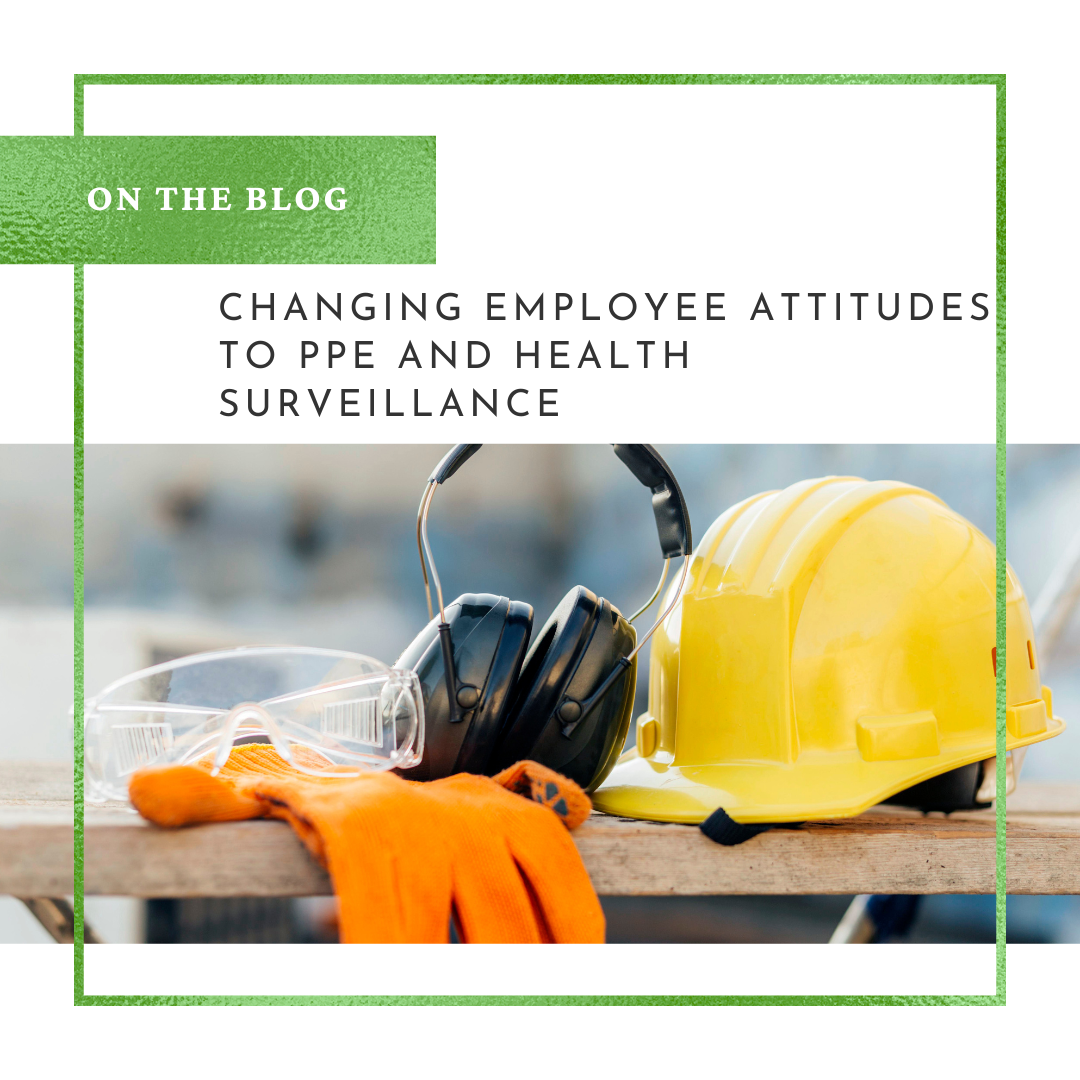Changing Employee Attitudes to Health Surveillance and Management Referrals: A New Approach for a Healthier Workplace
Health Surveillance and Management Referrals are vital tools for maintaining a safe and productive workforce. Yet, despite their importance, many employees remain wary of them — often viewing them with suspicion or concern.
So how can employers shift that mindset and encourage a more open, positive attitude?
At Drayton Medical Services, we believe it’s all about clear communication, education, and consistency.
1. Reframe the Narrative
Words matter. To many employees, “Management Referral” sounds like a disciplinary process. But in reality, it’s a supportive measure — aimed at helping people stay well at work, access expert advice, and find practical solutions to health challenges.
Tip: Emphasise that referrals are not about blame — they’re about getting the right help at the right time.
2. Normalise Health Surveillance
Health Surveillance isn’t just a tick-box exercise. It’s a proactive step to protect employees from risks that could affect their long-term health, particularly in safety-critical roles or roles with known hazards.
By making Health Surveillance part of routine working life — not something triggered only when there’s a problem — you help reduce resistance and build trust.
Tip: Include Health Surveillance as part of your wider health and safety communications — not as a standalone “compliance” task.
3. Be Transparent and Honest
Let staff know what to expect. Fear often stems from the unknown. When employees understand why Health Surveillance is being done, what the process involves, and how results are used (and protected), they’re more likely to engage.
Tip: Provide straightforward explanations — and make it clear that all medical information is confidential and handled by qualified professionals.
4. Share Positive Outcomes
Changing attitudes isn’t just about information — it’s about demonstrating value. When employees see that Occupational Health support has helped a colleague stay in work, return from absence sooner, or get the right adjustments in place, they’re more likely to engage positively themselves.
Tip: Share anonymised examples of how referrals or health checks have helped — especially in internal newsletters or wellbeing updates.
5. Support Line Managers with Clear Messaging
Managers often feel unprepared to explain why a referral or medical assessment is needed. This can lead to inconsistent messages that fuel anxiety.
Tip: Equip your managers with a clear explanation of the purpose of referrals and surveillance. A consistent, supportive message makes a big difference.
Culture Change Starts with Conversation
When employees see that Health Surveillance and Management Referrals are designed to support — not scrutinise — them, attitudes start to shift. Building that understanding doesn’t happen overnight, but with the right messaging and approach, it becomes part of your workplace culture.
At Drayton Medical Services, we’re here to support employers in delivering compliant, compassionate Occupational Health services that protect both staff and business.
Need support with Health Surveillance or Management Referrals?
Get in touch with our team today to find out how we can help.

No responses yet